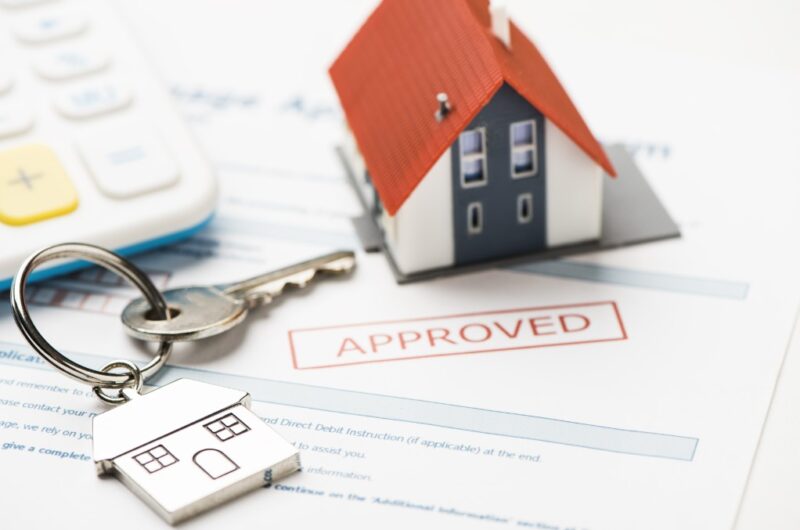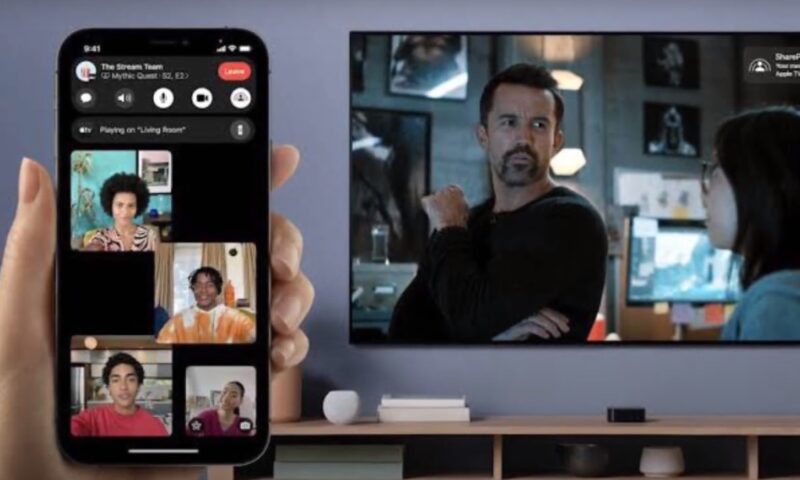Leasing a car can be a smart financial decision for many, offering the chance to drive a newer vehicle with the latest features without committing to a purchase. However, navigating through the leasing process can be daunting, especially with various terms and conditions to consider. This article aims to shed light on what to look for when leasing a car, ensuring you make a well-informed decision that aligns with your needs and budget.
Understanding Car Leasing
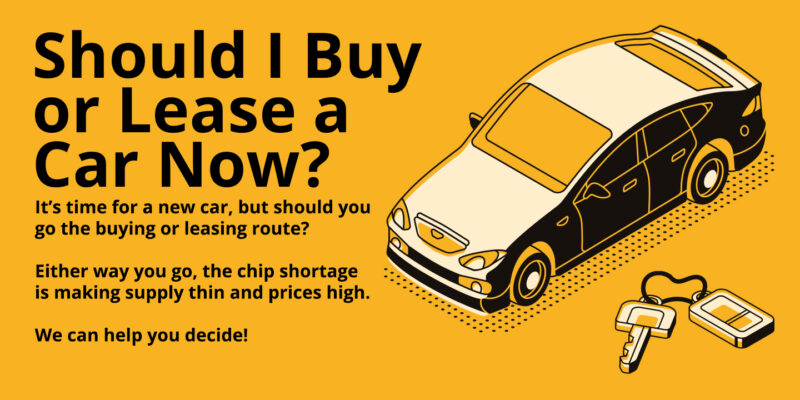
Car leasing is akin to renting a vehicle for a prolonged period, typically spanning two to four years. Unlike purchasing, where you pay the full price of the car, leasing involves paying for the vehicle’s depreciation during the lease term, plus interest and fees.
This arrangement often results in lower monthly payments, making it an attractive option for those desiring a more expensive or newer model car than they might otherwise afford to buy. If you want to learn more about car leasing, check out this article at https://www.leasemyvehicle.co.uk/.
Initial Costs
The journey to a smart lease begins with a thorough examination of the initial costs. These costs can include the first month’s payment, a refundable security deposit, an acquisition fee, and any additional charges for registration and licensing. It’s crucial to understand these upfront fees to avoid any surprises and ensure they align with your budget.
Monthly Payments

One of the most appealing aspects of leasing is the potentially lower monthly payments compared to loan payments on a car purchase. These payments are calculated based on the vehicle’s expected depreciation, interest charges (also known as the money factor), and any lease-specific taxes. Delving into how these payments are structured can help you compare different lease offers more effectively and choose one that offers the best value.
Mileage Limits and Excess Mileage Charges
Lease agreements typically include mileage limits, which usually range from 10,000 to 15,000 miles per year. Exceeding these limits can incur significant excess mileage charges. It’s vital to estimate your annual driving distance accurately and negotiate a mileage limit that suits your needs. If you anticipate a lot of driving, consider negotiating a higher mileage cap or exploring options for purchasing additional miles upfront at a lower rate.
Wear and Tear Policies
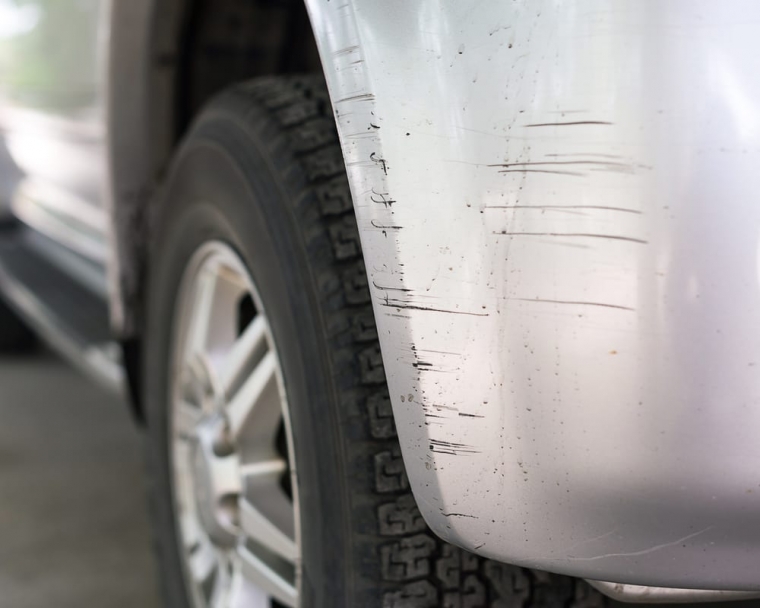
Understanding the lease’s wear and tear policy is crucial, as it outlines what is considered acceptable condition upon return of the vehicle. Normal wear and tear are expected, but excessive damage could result in hefty charges. Familiarize yourself with the lease terms regarding wear and tear to avoid unexpected costs at the end of the lease term.
Lease Term
The lease term, often ranging from 24 to 48 months, significantly impacts your monthly payments and the overall cost of the lease. A shorter lease term typically results in higher monthly payments but less depreciation and maintenance concerns. Conversely, a longer lease term spreads the depreciation cost over more months, resulting in lower monthly payments but potentially higher maintenance costs as the vehicle ages.
End-of-Lease Options
As you approach the end of your lease, you’ll be faced with several options: return the vehicle, buy it at a predetermined price, or lease another vehicle. Each option has its pros and cons, and understanding these can help you plan for the future. If you’ve grown attached to the car or it has lower mileage than expected, buying it might be a wise choice. Alternatively, returning the vehicle allows you the flexibility to lease or buy a newer model.
Gap Insurance
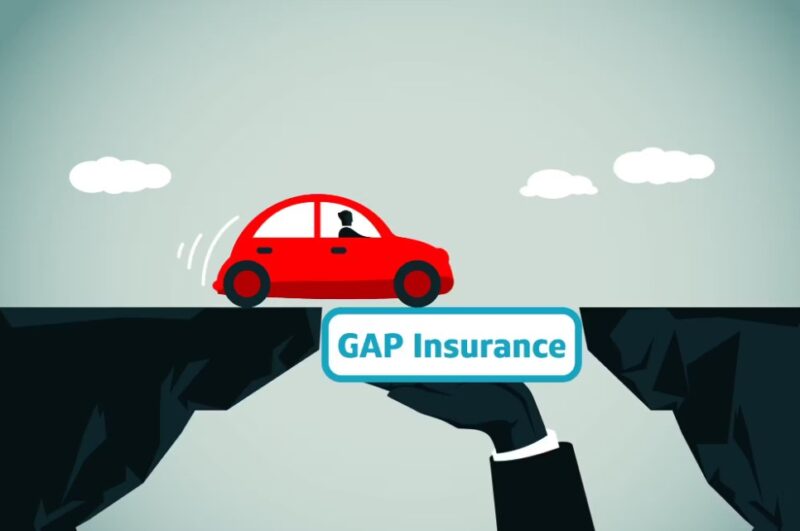
Gap insurance covers the difference between what you owe on the lease and the car’s market value if it’s totaled or stolen. Many lease agreements include gap insurance, but it’s important to confirm this, as the financial implications can be significant without it. Ensuring you have this coverage either through the lease or your insurance policy provides peace of mind.
Negotiating Your Lease
While many aspects of a lease are standard, there’s room for negotiation. Key areas where you can negotiate include the capitalized cost (the vehicle price), the money factor (interest rate), and the residual value. Researching and understanding these terms can empower you to negotiate more effectively, potentially lowering your monthly payments and saving money over the lease term.
Maintenance and Repair Responsibilities
An often overlooked aspect of leasing is the responsibility for vehicle maintenance and repairs. While leased vehicles are typically covered by the manufacturer’s warranty for the duration of the lease term, ensuring regular maintenance and addressing any repair needs promptly is crucial.
Failure to maintain the vehicle according to the manufacturer’s recommendations can lead to additional charges at the end of the lease. It’s essential to factor in the cost and responsibility of upkeep when considering a lease, as maintaining the vehicle in good condition can prevent unexpected end-of-term expenses.
Understanding the Fine Print
Finally, the importance of meticulously reviewing the lease agreement cannot be overstated. Pay close attention to the fine print, including fees, insurance requirements, and early termination clauses. These details can significantly affect your leasing experience and financial obligations.
Closing Thoughts
Leasing a car involves a complex array of considerations, from upfront costs and monthly payments to the nuances of maintenance responsibilities and wear and tear policies. By thoroughly understanding these elements, you can navigate the leasing process with confidence, ensuring a decision that aligns with your personal and financial needs.
Remember, the aim is not merely to enjoy the pleasure of a new car but to do so under terms that offer the greatest value and security throughout the lease duration. With careful negotiation, diligent attention to the lease agreement, and a clear understanding of your responsibilities, you can embark on a leasing journey that is both financially savvy and rewarding.
Related Posts:
- What Is a Car Checker and Why Is It Important
- DIY Car Repair Tips: Your Guide to Finding Genuine…
- Safely Selling Your Car: Tips for a Smooth…
- Buying a Home IPL Machine: Essential Tips for Smart Shoppers
- Is Colorado School of Mines Football Good? - In…
- Engine Part Chronicles: Buying New vs Old - Tips for…


